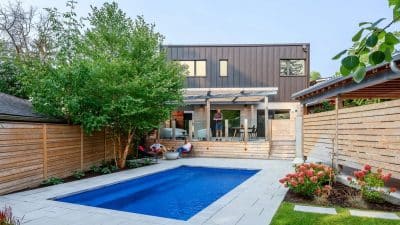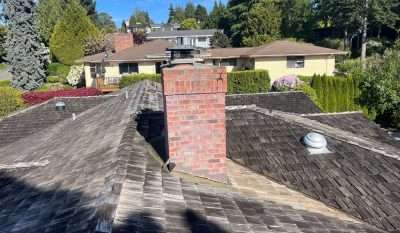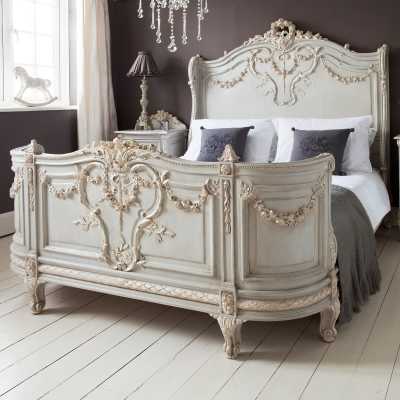Choosing the right blinds for your New Jersey home means balancing climate resilience, energy efficiency, and style. The best options withstand humidity, temperature swings, and sunlight while complementing your home’s aesthetic.
New Jersey’s varied climate, from hot summers to cold winters, demands window treatments that offer both functionality and durability. Whether you prefer classic wood blinds, sleek aluminum, or modern motorized options, this guide will help you select blinds that enhance comfort, save energy, and elevate your home’s design.
Let’s explore the best choices for your needs.
Understanding New Jersey’s Climate and Its Impact on Blinds
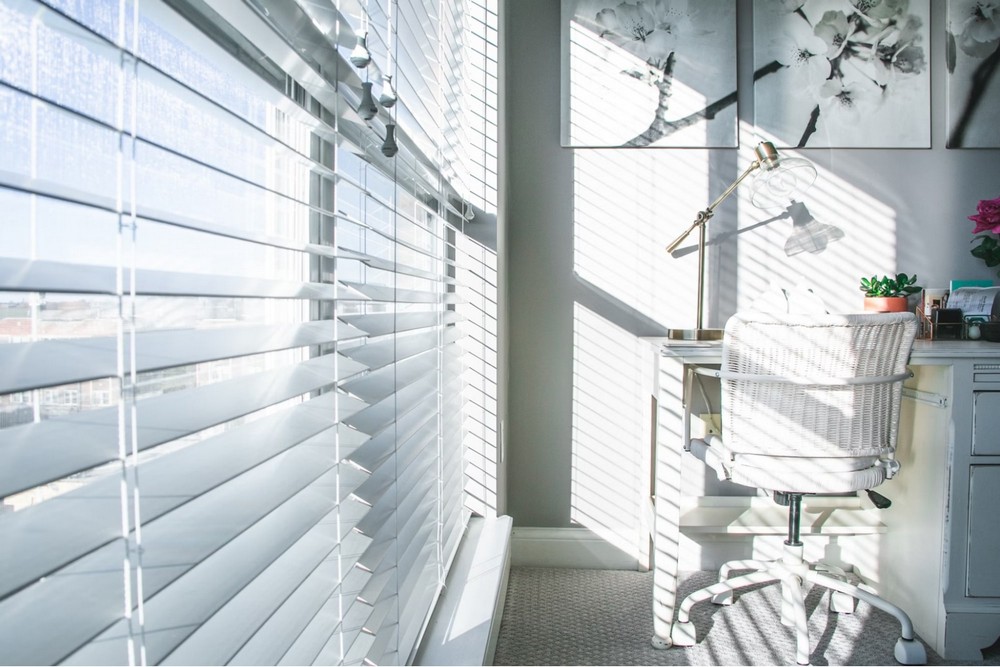
New Jersey experiences hot, humid summers and cold winters. This extreme weather can damage blinds that aren’t climate-resistant. Therefore, choose moisture-resistant blind materials like faux wood or vinyl to prevent warping and mold.
Sunlight exposure varies by season, with intense summer rays and weaker winter light. UV rays can fade fabrics and weaken materials over time. Opt for UV-protective blinds or light-filtering shades to reduce damage while maintaining natural light.
Temperature swings also affect energy efficiency. Poorly insulated blinds let heat escape in winter and enter in summer. Look for insulating cellular shades or thermal-backed drapes to regulate indoor temperatures. Close blinds during peak sunlight to keep your home cooler and reduce energy costs.
Best Blind Materials for New Jersey Homes
Choosing the right materials means finding ones that hold up to both climate and daily use. Here are the top performers when picking blinds in New Jersey:
- Faux Wood Blinds – Moisture-resistant and warp-proof, these blinds provide the classic look of wood with none of the maintenance headaches.
- Aluminum Blinds – Ideal for humid areas like bathrooms, aluminum is lightweight, easy to clean, and great for controlling sunlight.
- Cellular (Honeycomb) Shades – These energy-efficient shades trap air in pockets, insulating your windows against heat and cold throughout the year.
The best material for your home depends on location, style, and function. All three options above combine durability with visual appeal, making them perfect for New Jersey’s climate.
Style and Aesthetic Considerations for New Jersey Homes
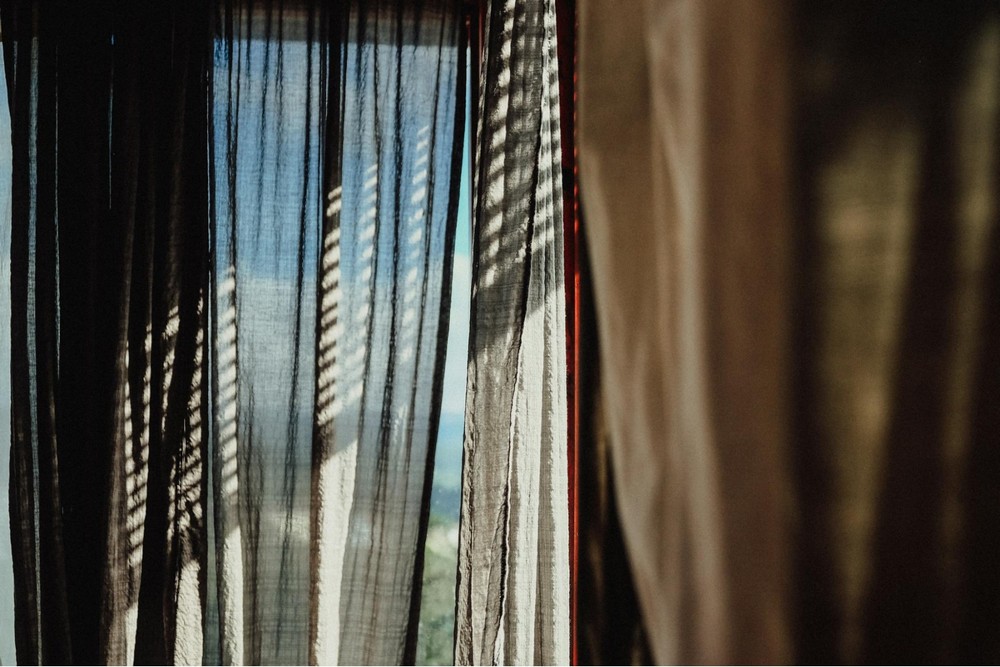
New Jersey homes range from historic colonials to modern condos and coastal retreats. Your blinds should complement your home’s architecture. For traditional homes, try wood or faux wood blinds in warm tones. For contemporary spaces, sleek aluminum or roller shades work best.
Color and texture matter year-round. Light neutrals keep rooms bright in winter but may show dirt. Darker shades add coziness but absorb heat in summer. Consider dual-layer shades for flexibility, i.e., sheer for daylight, blackout for evenings.
Don’t forget about trim and hardware. White blinds blend into trim for a clean look. Contrasting colors make windows stand out. Match metal finishes (like brushed nickel) to your home’s fixtures for a polished feel. Always order samples to test how styles look in your lighting.
Functional Features to Enhance Comfort and Efficiency
Smart features can turn ordinary blinds into high-performance window systems. These upgrades boost convenience, cut energy costs, and enhance daily living:
- Light-Filtering & Blackout Options – Use light-filtering shades for daytime comfort and blackout blinds for sleep or glare reduction. Layering both offers the best of both worlds.
- Motorized or Smart Controls – Adjust your blinds via remote, app, or smart assistant. Great for hard-to-reach windows or creating energy-efficient schedules.
- Thermal or Reflective Coatings – These reduce heat transfer, keeping interiors cooler in summer and warmer in winter.
Maintenance and Longevity Tips for New Jersey Blinds
Dust and humidity can shorten your blinds’ lifespan. For vinyl or aluminum blinds, wipe them monthly with a damp microfiber cloth. Faux wood blinds need a gentle dusting to prevent grime buildup. Use a soft brush attachment on your vacuum.
Seasonal deep cleaning prevents long-term damage. In spring, take down fabric shades and spot-clean with mild soap. Before winter, check cords and mechanisms for wear. Lubricate tracks with silicone spray if needed. Rotate slats occasionally to ensure even sun exposure.
Preventive care saves money. Install blinds away from heat vents to avoid warping. Use tie-downs during storms to minimize damage. If slats crack or cords fray, replace them immediately. Small fixes prevent bigger issues. Quality blinds, when maintained, can last a decade in New Jersey’s climate.
Conclusion
Blinds are key to keeping your New Jersey home stylish, efficient, and comfortable year-round. Whether you opt for faux wood for moisture resistance, honeycomb shades for insulation, or smart blinds for convenience, the right choice can transform your space.
By focusing on materials, features, and ongoing maintenance, you’ll get long-term value and peace of mind. Invest wisely, and your windows will return the favor, season after season.


